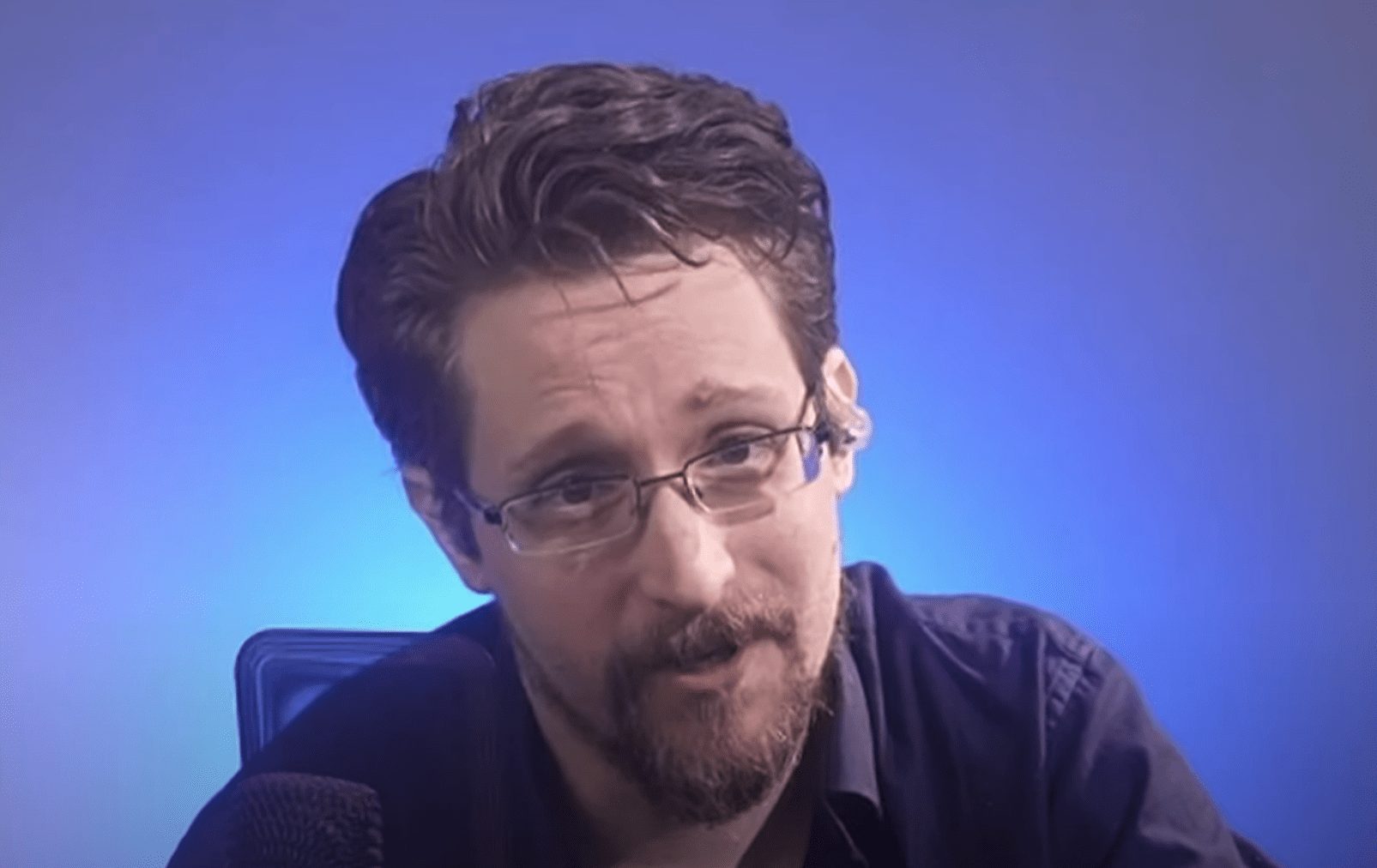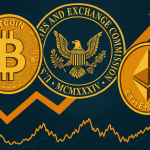Edward Snowden, the famous whistleblower and advocate for privacy, offered poignant critiques of Solana at the TOKEN2049 conference in Singapore. After giving a speech titled “The Next Threat to Speech,” he participated in a Q&A session where he expressed his concerns about the centralization of Solana’s architecture and the nature of the projects it supports.
In response to a question on creating technology from its foundational principles for safety, Snowden compared Bitcoin’s resilient design with what he views as Solana’s more exposed, centralized setup.

“Examine the Bitcoin whitepaper, and you’ll see a design built on opposition,” Snowden remarked. Although he initially refrained from directly naming Solana, he soon shifted his focus, stating, “I won’t mention any names, but Solana is taking valuable concepts and saying, ‘What if we just centralize everything? It’ll be quicker, and yes, it might work, but it’s mostly used for meme tokens and scams.’”
Snowden elaborated on his worries, indicating that Solana’s centralized framework could expose it to governmental influence or other external pressures. “If anything of significance is put on it and governments begin to adopt it, it could easily lead to a system where control could be taken from users,” he cautioned, indicating the potential for censorship or asset seizures down the line.
His main point was the importance of adopting an adversarial perspective when designing decentralized technologies, especially as crypto platforms are under increasing scrutiny from regulatory bodies globally. “One must consider potential attacks and ensure the system can withstand them rather than only focusing on convenience,” he explained.
Reactions from the Solana Community
Snowden’s comments sparked a response from notable members of the Solana community. Mert Mumtaz, co-founder and CEO of Solana-based Helius Labs, took to X to defend the network against Snowden’s statements. “Snowden implies Solana is centralized, but he offers no evidence to support it,” Mumtaz remarked.
He invited critics to provide specific examples of vulnerabilities within Solana that would allow a single entity to dominate the network or compromise user assets. “I challenge anyone to pinpoint how a single entity could lead to a loss of funds or prolonged control over the network,” Mumtaz added, highlighting Solana’s diverse node geography and operational jurisdictions.
While acknowledging that Bitcoin and Ethereum exhibit greater decentralization, he argued that this does not necessarily render Solana open to the centralized control Snowden warned about. “You could assert that Ethereum and Bitcoin are indeed more decentralized than Solana—that’s accurate. Just like Usain Bolt may be faster than LeBron James in a 100m dash doesn’t imply LeBron is slow,” Mumtaz stated.
He stressed the recent advancements in Solana’s client diversity—a testament to the network’s evolving structure—highlighting the introduction of “frankendancer” on the mainnet and the forthcoming “Firedancer” client that aims to enhance decentralization. In concluding his defense, he provocatively stated, “If the network is truly centralized, worth billions, then go ahead and attack it if you dare!”
As of the latest update, SOL was valued at $143.





